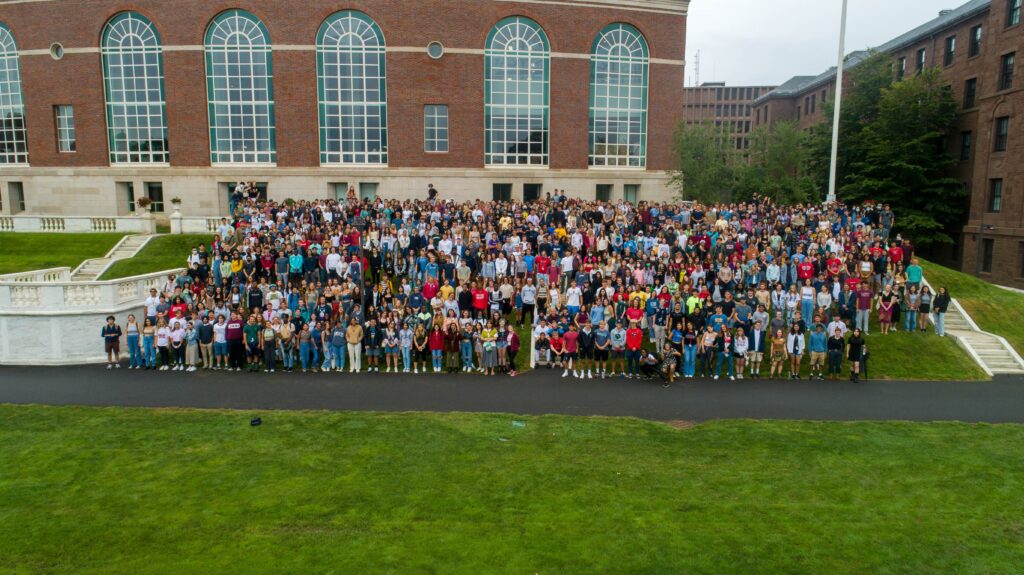By Cyann Byfield ’23
One of the greatest dilemmas for incoming college freshmen is deciding what to pack and what to leave at home. I am here to help you through this! Packing for your first semester of college is not an easy task, it takes time and preparation. What I would suggest is to create a list of everything you think you may need then divide it into categories. Here are some categories that helped me through the packing process my freshman year…
Category One: Clothing
It is important to remember that Wesleyan is in the North East, and up here we experience all four seasons but when it’s cold, it is cold! During the fall semester temperatures will range from approximately 80-90 degrees to below freezing by the end of the semester. As you arrive on campus it will still feel like summer but don’t forget to pack your winter coat and warm clothes to endure winter in the North East.
You’re probably wondering what type of clothes to pack as well. My best advice is to pack whatever clothes and shoes you usually wear and lots of comfortable clothes. Don’t forget to pack your pajamas, undergarments, and shower shoes. All dorm showers are shared so for hygiene I suggest bringing a pair of flip flops or slides designated for the shower.
Category Two: Dorm Supplies
It is likely that you will be spending a lot of time in your dorm room, so make sure you pack the essentials to make your room as comfortable as possible. All dorms are equipped with a kitchen that has stoves, microwaves, and refrigerators but if you would rather store and warm food in the comfort of your room feel free to purchase or rent a minifridge and microwave for your dorm room. All students are given a twin XL mattress so ensure that your sheets are made to fit this size bed. Also remember to bring pillows as they are not provided. I suggest getting a rug for the floor because sometimes it can get cold. I also recommend getting a desk lamp or reading lamp. It is important to remember to pack towels and all other toiletries that you will use daily.
Category Three: Academic Supplies
Lastly, but certainly not least, remember to pack supplies for classes! I suggest bringing electronics that you feel comfortable doing school work on whether it may be a laptop or tablet; many courses do have components that require electronics. It is very important to pack all of your chargers for respective electronics, but if you forget it’s no problem. You can purchase a charger for almost anything at the Cardinal Tech store on campus. If you’re like me and like to handwrite notes I suggest getting a spiral notebook for each class and pens in different colors to organize your notes! To manage your time I recommend getting a planner or a dry erase calendar board to keep track of your assignments and activities.
As long as you pack the essentials I recommended and take your time during the process you’ll be all set for your first semester at Wes!




